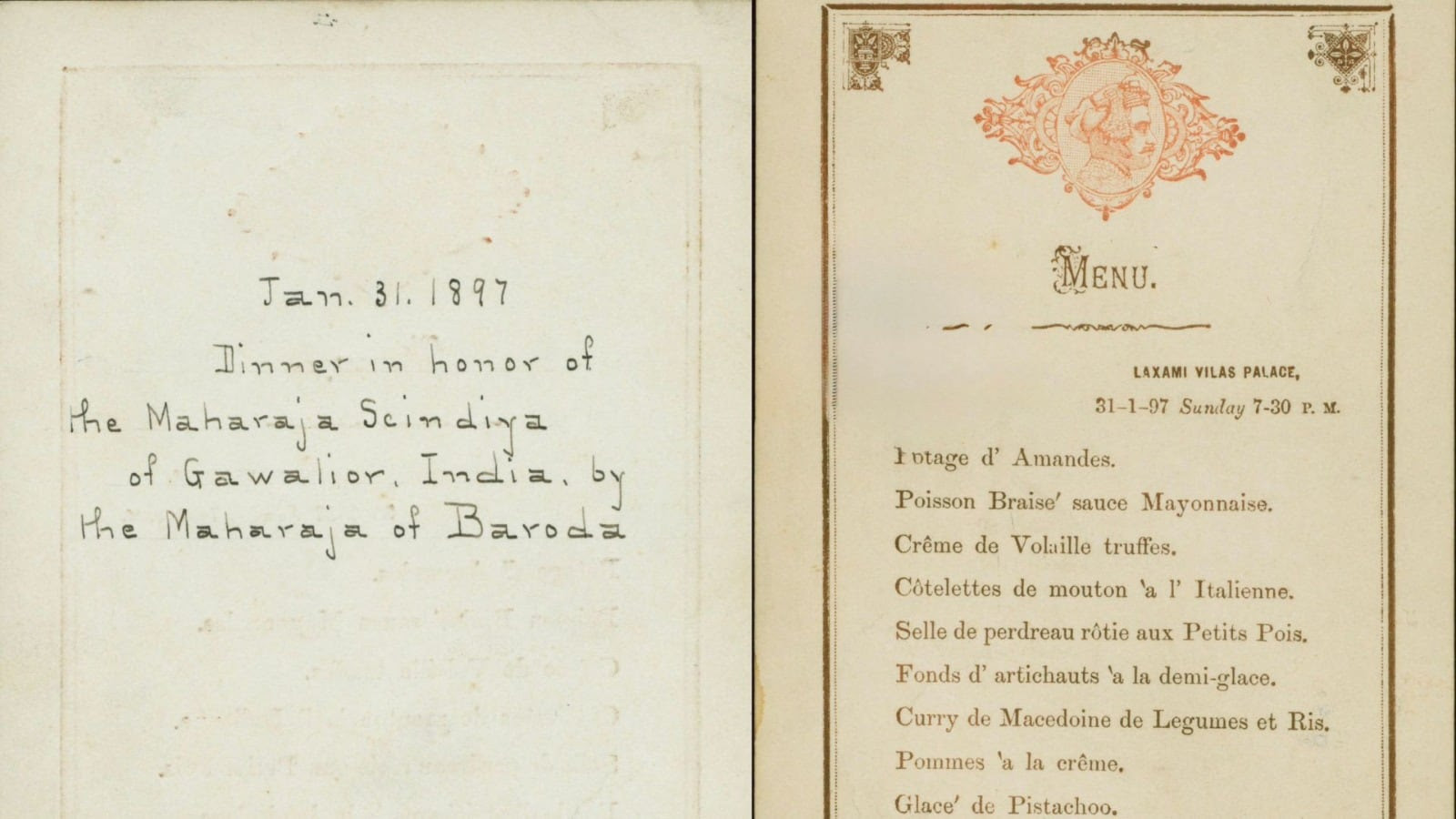Sleep deprivation may make you munch on more calories the following day, potentially leading to weight gain and obesity, a new study has found.The study found that sleep-deprived people consumed an average of 385 kilo calories per day extra, which is equivalent to the calories of about four and a half slices of bread.The study, led by researchers at King's College London, combined the results of 11 studies with a total of 172 participants.
The analysis included studies that compared a partial sleep restriction intervention with an unrestricted sleep control and measured the individuals' energy intake over the next 24 hours.They found partial sleep deprivation did not have a significant effect on how much energy people expended in the subsequent 24 hours. Therefore, participants had a net energy gain of 385 calories per day.The researchers also found there was a small shift in what sleep deprived people ate - they had higher fat and lower protein intakes, but no change in carbohydrate intake."The main cause of obesity is an imbalance between calorie intake and expenditure and this study adds to accumulating evidence that sleep deprivation could contribute to this imbalance," said Gerda Pot, from King's College London."So there may be some truth in the saying 'early to bed, early to rise, makes a man healthy and wise'," Pot said."This study found that partial sleep deprivation resulted in a large net increased energy intake of 385 kcal per day," she said."If long-term sleep deprivation continues to result in an increased calorie intake of this magnitude, it may contribute to weight gain," she added."Our results highlight sleep as a potential third factor, in addition to diet and exercise, to target weight gain more effectively," Haya Al Khatib, PhD candidate at King's College London.The study was published in the European Journal of Clinical Nutrition.(This story has not been edited by NDTV staff and is auto-generated from a syndicated feed.)
The analysis included studies that compared a partial sleep restriction intervention with an unrestricted sleep control and measured the individuals' energy intake over the next 24 hours.They found partial sleep deprivation did not have a significant effect on how much energy people expended in the subsequent 24 hours. Therefore, participants had a net energy gain of 385 calories per day.The researchers also found there was a small shift in what sleep deprived people ate - they had higher fat and lower protein intakes, but no change in carbohydrate intake."The main cause of obesity is an imbalance between calorie intake and expenditure and this study adds to accumulating evidence that sleep deprivation could contribute to this imbalance," said Gerda Pot, from King's College London."So there may be some truth in the saying 'early to bed, early to rise, makes a man healthy and wise'," Pot said."This study found that partial sleep deprivation resulted in a large net increased energy intake of 385 kcal per day," she said."If long-term sleep deprivation continues to result in an increased calorie intake of this magnitude, it may contribute to weight gain," she added."Our results highlight sleep as a potential third factor, in addition to diet and exercise, to target weight gain more effectively," Haya Al Khatib, PhD candidate at King's College London.The study was published in the European Journal of Clinical Nutrition.(This story has not been edited by NDTV staff and is auto-generated from a syndicated feed.)
Advertisement









